NC Peanuts: Shelled Delights
The scoop on a major NC crop, from planting to plating
By Margaret BuranenFor North Carolina’s agricultural economy, peanuts are worth a lot more than, well, peanuts.
North Carolina, Virginia and South Carolina collectively grow 90 percent of the “Virginia” type of peanuts (the largest and crunchiest) sold all over the country. They’re available as shelled “cocktail peanuts” and in-shell peanuts, an old-time treat.
North Carolina has approximately 500 peanut growers across the state.
Roasted in-shell Virginia peanuts are a staple concession stand item at baseball games and other sporting events. They’re also a great snack at home while watching UNC or NC State basketball games on a cold winter night.
To grow well, peanut plants require sandy soil like that of eastern and southern North Carolina. Counties with numerous peanut farms include Bertie, Wilson, Duplin, Pitt, Edgecombe, Martin, Robeson, Columbus and Halifax.
“North Carolina has approximately 500 peanut growers across the state,” says Ashley Collins, CEO of the North Carolina Peanut Growers Association.
One of those growers is Jack Powell, who grows peanuts with his sons Jon and Jeff. Jack’s grandfather grew peanuts, but it was his father, “Papa Jack,” who started their retail and mail-order operation Bertie County Peanuts. Papa Jack would fry peanuts in an old popcorn popper as a treat for farm visitors. Those blister-fried peanuts became the company’s first product. Now Bertie County Peanuts offers a wide range of treats, and the kitchen where they are prepared is powered by Roanoke Electric Cooperative.
Planting time
Jack plants the Bailey variety of Virginia peanuts. The seeds are raw peanuts. Years ago, farmers saved some from each crop to use for the next year’s crop. Now they buy them. It costs about $100 for the 125 pounds of seed required to plant one acre.
“Peanuts are planted around the first to the fifteenth of May,” Jack explains. “It takes 150 days to get them to maturity.”
A planting machine with a driver can plant eight rows of peanuts simultaneously. About five or six weeks later, the plants are above ground with yellow flowers blooming. Each flower produces “pegs” that grow down to the ground and continue growing underneath the sandy soil to produce peanuts.
“Peanut plants are like old-fashioned roses, subject to damage from fungi. You have to spray fungicide three or four times,” Jack says.
Up from the ground
In early September, farmers dig up samples to see if the peanuts are ready for harvesting. That’s determined by the color of the peanut hulls.
“The darker, the better,” Jack explains. “If they’re the color of pancake syrup, the peanuts need two more weeks underground. If they’re light yellow, they need one more month.”
When the peanuts are ready for harvesting, a digging machine unearths the plants. They’re left in the fields for about a week to dry out. Then a combine blows the peanuts from the dried-out plant leaves and stems. Next, the peanuts are put into vented trailers to dry for several days.
“You want to get them down to 10 percent moisture,” Jack explains.
Intensive grading (more so than for many crops) by a U.S. Department of Agriculture crew comes next. The graders take samples from each trailer load and rate it for size and quality, amounts of rocks and debris, and other factors. That rating determines the price the grower receives.
Onto the table
As far as how peanuts are served, the sky is the limit. Through groceries, retail shops or online ordering, many North Carolina peanut growers offer assorted types of sweet and savory-flavored peanuts. Peanut fanciers can choose from such savory-flavored peanut treats as Cajun style, dill pickle, sea salt and black pepper, and Sriracha ranch.
Chocolate-covered (both milk and dark), honey-roasted, and butterscotch-coated are among the most popular choices for people who prefer peanuts with a sweet taste. Peanut butter cookies, chocolate peanut butter and peanut brittle, with or without chocolate coating, are also popular.
“Our Triple Treat box, which has blister-fried peanuts, chocolate-covered peanuts and peanut brittle, sells really well,” Jack says.
Like other growers in the state, Bertie County Peanuts has a strong connection to the community, and many of its peanut products are named for Bertie County landmarks or historical connections. Jack’s graphic designer daughter Betsy designs the labels and packaging. In everything they do, their passion for peanuts shines through.
“Peanut growers are an extremely tight-knit family of people,” Ashley Collins says. “They genuinely care about each other, their families and their crops.”

Nutritious nuts
Besides good taste, peanuts offer good nutrition. They contain 19 vitamins and minerals, plus fiber and seven grams of protein per ounce—the highest protein content of all commonly consumed nuts. Visit peanut-institute.com for more information about health research on peanuts.
Peanut recipes
Courtesy of the Virginia Carolinas Peanut Promotions, we'd like to share a couple of peanut-laden recipes that you can sink your teeth into.
-
More NC crops
-
Share this story:

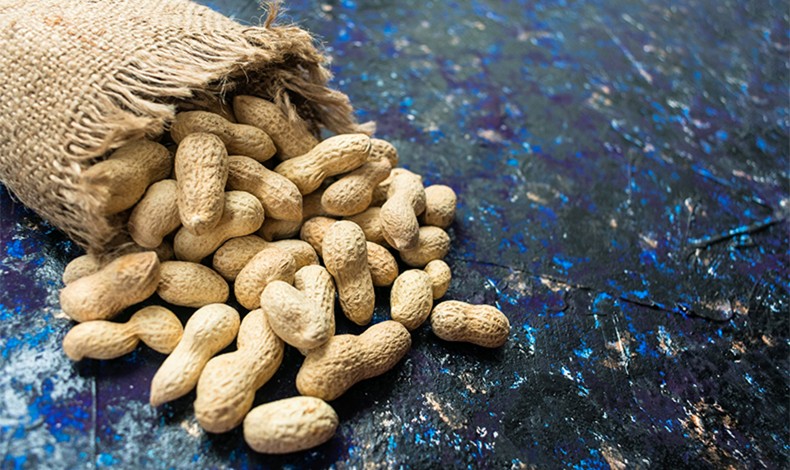
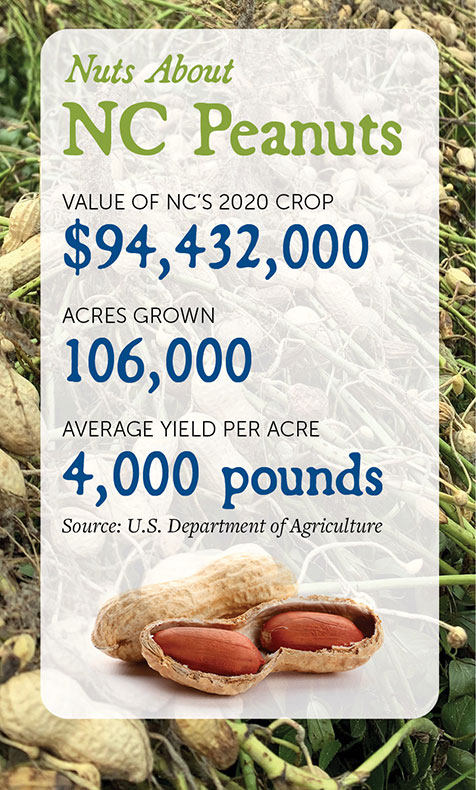
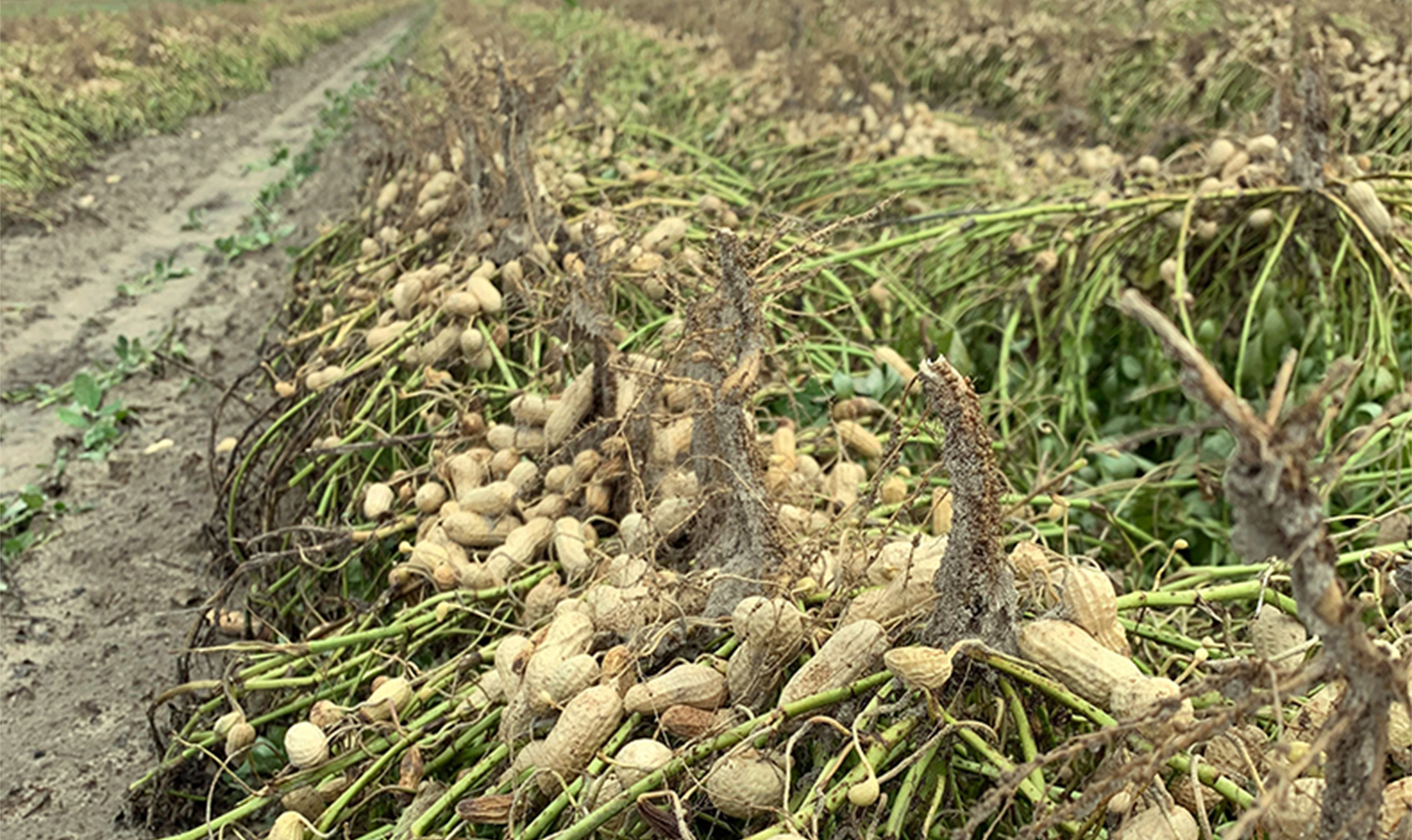

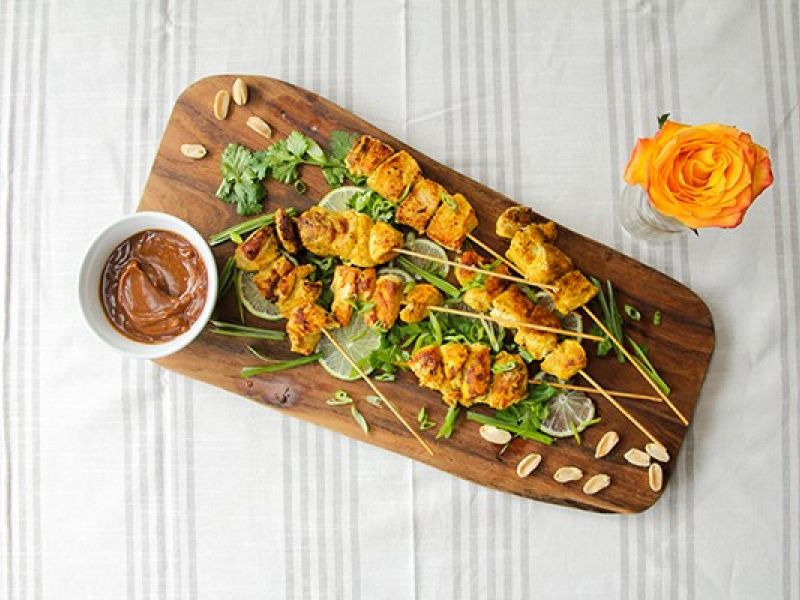
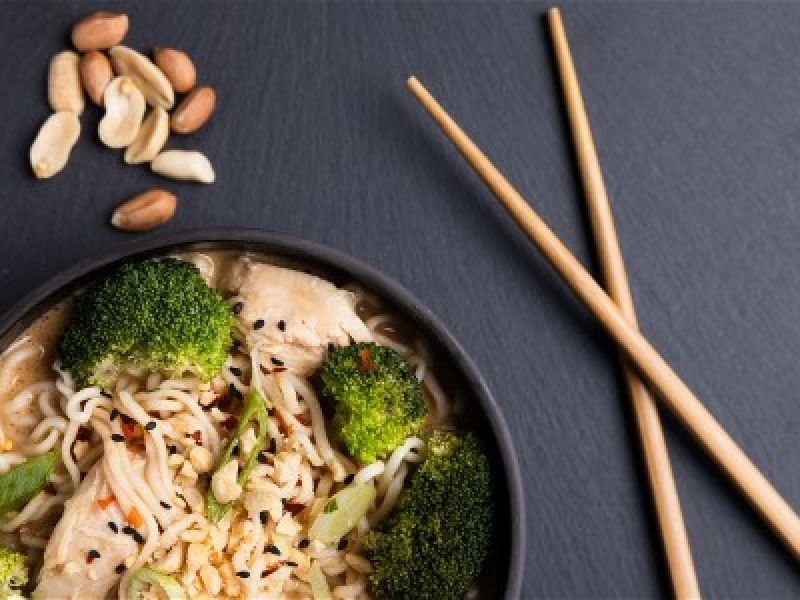
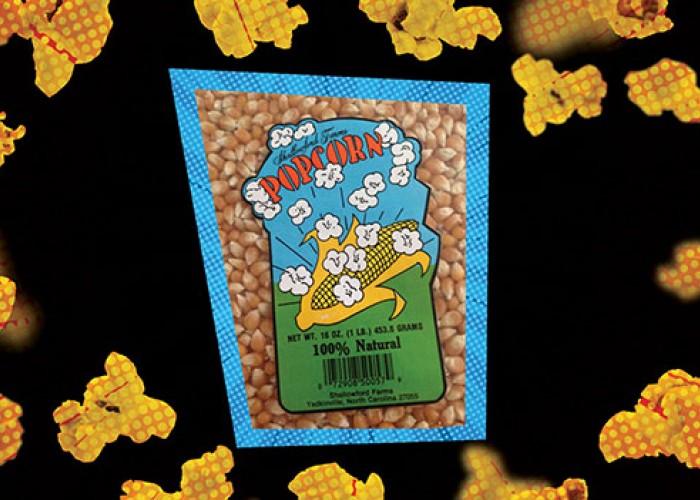
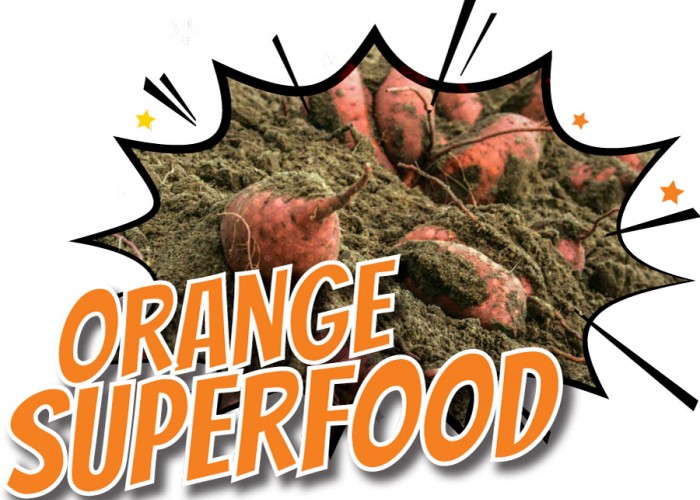
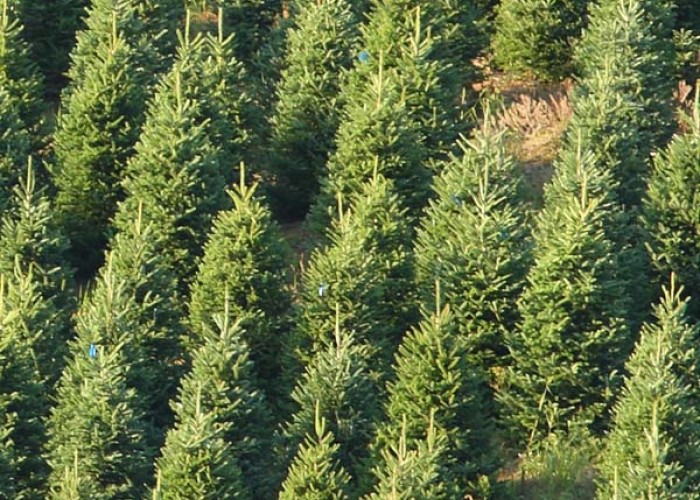


Comments (1)
Yum!
Kathy McElveen |
May 09, 2023 |
reply